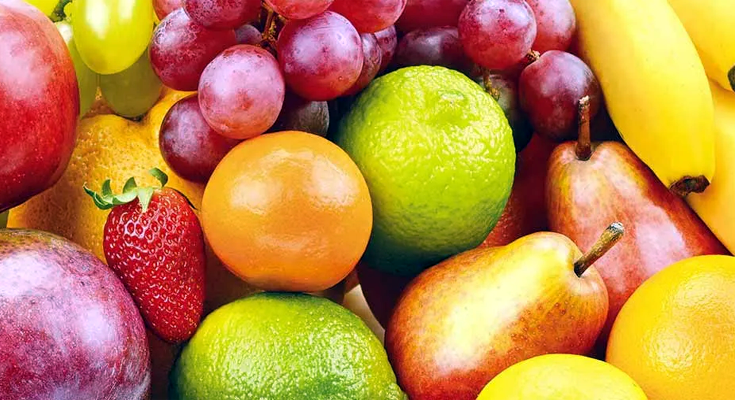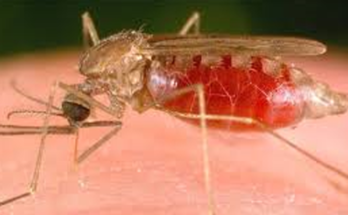# FSSAI directs not to use calcium carbide for artificially ripening fruits
New Delhi: The Food Safety and Standards Authority of India (FSSAI) has issued a stern warning to traders and food business operators (FBOs) to avoid using banned calcium carbide for the artificial ripening of fruits, especially during the mango season. The FSSAI emphasized strict adherence to the prohibition on calcium carbide in a statement released on Sunday.
The FSSAI has called on Food Safety Departments across States and Union Territories to remain vigilant and take stringent action against those engaging in such illegal practices, as per the provisions of the Food Safety and Standards Act, 2006, and the accompanying rules and regulations.
Calcium carbide, often used to ripen fruits like mangoes, releases acetylene gas, which contains harmful traces of arsenic and phosphorus. These substances, also known as ‘Masala,’ can lead to serious health issues such as dizziness, frequent thirst, irritation, weakness, difficulty in swallowing, vomiting, and skin ulcers. Additionally, acetylene gas poses hazards to those handling it and can leave harmful residues on the fruits.
Due to these risks, the use of calcium carbide for ripening fruits is banned under Regulation 2.3.5 of the Food Safety and Standards (Prohibition and Restrictions on Sales) Regulations, 2011. This regulation clearly states, “No person shall sell or offer or expose for sale or have in his premises for the purpose of sale under any description, fruits which have been artificially ripened by use of acetylene gas, commonly known as carbide gas.”
In response to the widespread use of calcium carbide, FSSAI has approved the use of ethylene gas as a safer alternative for fruit ripening. Ethylene gas can be used at concentrations up to 100 ppm, depending on the crop, variety, and maturity. Ethylene, a naturally occurring hormone in fruits, regulates the ripening process by initiating and controlling a series of chemical and biochemical activities.
Furthermore, the Central Insecticides Board and Registration Committee (CIB & RC) has approved Ethephon 39% SL for the uniform ripening of mangoes and other fruits, ensuring a safer and more controlled ripening process.




